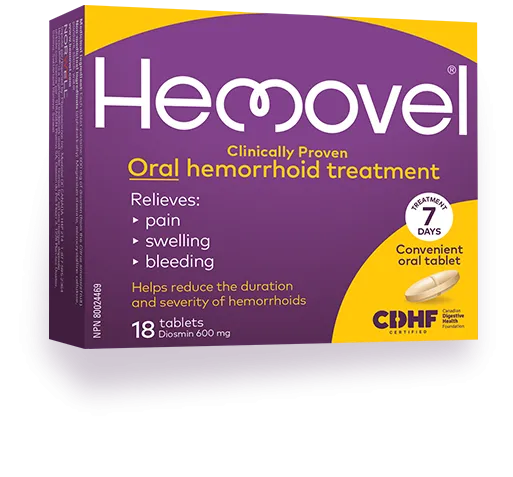We all know hemorrhoids are a very common problem, and the most common anorectal disorder.
Some studies suggest that almost half of all people will present with at least one episode of symptomatic hemorrhoids during their lifespans. [1] What many people may not know is that hemorrhoids are frequently mentioned in historical writings and texts – as if to emphasize the significance this affliction has had on us as a species – and the earliest references go back thousands of years.
Let us look back at some of the treatments over the centuries - and rejoice at how far we’ve come!
1. 1700-1500 BC – Sweet Beer
The very first known historical documents that talk about anal symptoms that could indicate hemorrhoids and their therapy are the Old Testament and certain Egyptian scriptures. [2] But after that, around 1700 and 1500 BC (the Edwin Smith Papyrus and the Ebers Papyrus, respectively) both recommended astringent lotions that are suggestive of symptomatic hemorrhoids. Amongst the items they recommended were honey, myrrh and sweet beer! [3]
2. 1st Century AD and 130-200 AD - Leeches
Celsus, in the seven books of “Re Medica”, recommended either the ligation of hemorrhoids by flax then excision or the excision alone and then a stitch. Around this time, Galen suggested that the management of hemorrhoids be based on laxatives, leeches, and ointment. He also proposed ligation by a tight thread as the only surgical option. [4]
3. Middle Ages to the 18th century – Barber-surgeons
During this time no significant advancements were made for treating hemorrhoids. The methods described by classic authors became popular in Arabia and Europe, but these methods had high mortality and frequent complications. Operations were also carried out by unskilled charlatans and barber-surgeons, which discouraged people from considering surgery [5]
4. 1850s and 60s – Dilation and Sclerotherapy
In 1855 AD, Aristide Auguste Stanislas Verneuil suggested dilation as a solution, which became quite popular in France and the United States until this technique known as the two-finger dilatation technique was later replaced by anal dilators . [6] In 1869, James Morgan, a Dublin-based surgeon, was the first to come up with sclerotherapy using iron sulfate. [7] In this procedure, a solution is injected directly into the vein. The sclerotherapy solution causes the blood vessel to collapse and the blood to clot. This forces circulating blood to reroute through unaffected, healthy veins. With time, the collapsed vein is reabsorbed locally and fades.[8]
5. Present Day – Over the counter oral pill
Given what the other remedies are like, this one is possibly the most amazing - even though it’s not really historical - yet! Today, you can address the symptoms and duration of hemorrhoids with a simple pill taken orally, without having to consider messy creams, ointments, suppositories, or any of the serious surgical methods detailed in this article.
The HEMOVEL® pill helps to reduce the duration and severity of hemorrhoids from the "inside out", working in the body to relieve symptoms. It is clinically proven and available over-the-counter! [9]
This product may not be right for you. Always read and follow the label.
HEMOVEL® is a registered trademark owned by Norwell Consumer Healthcare Inc.
References:
[1-7] Evolution of Surgical Management of Hemorrhoidal Disease: An Historical Overview by Pata Francesco, Gallo Gaetano, Pellino Gianluca, Vigorita Vincenzo, Podda Mauro, Di Saverio Salomone, D'Ambrosio Giancarlo, Sammarco Giuseppe, Published in Frontiers in Surgery, Vol 8, 2021
[8.] Mayo Clinic: Sclerotherapy - Mayo Clinic
[9.] Hemovel Information guide








